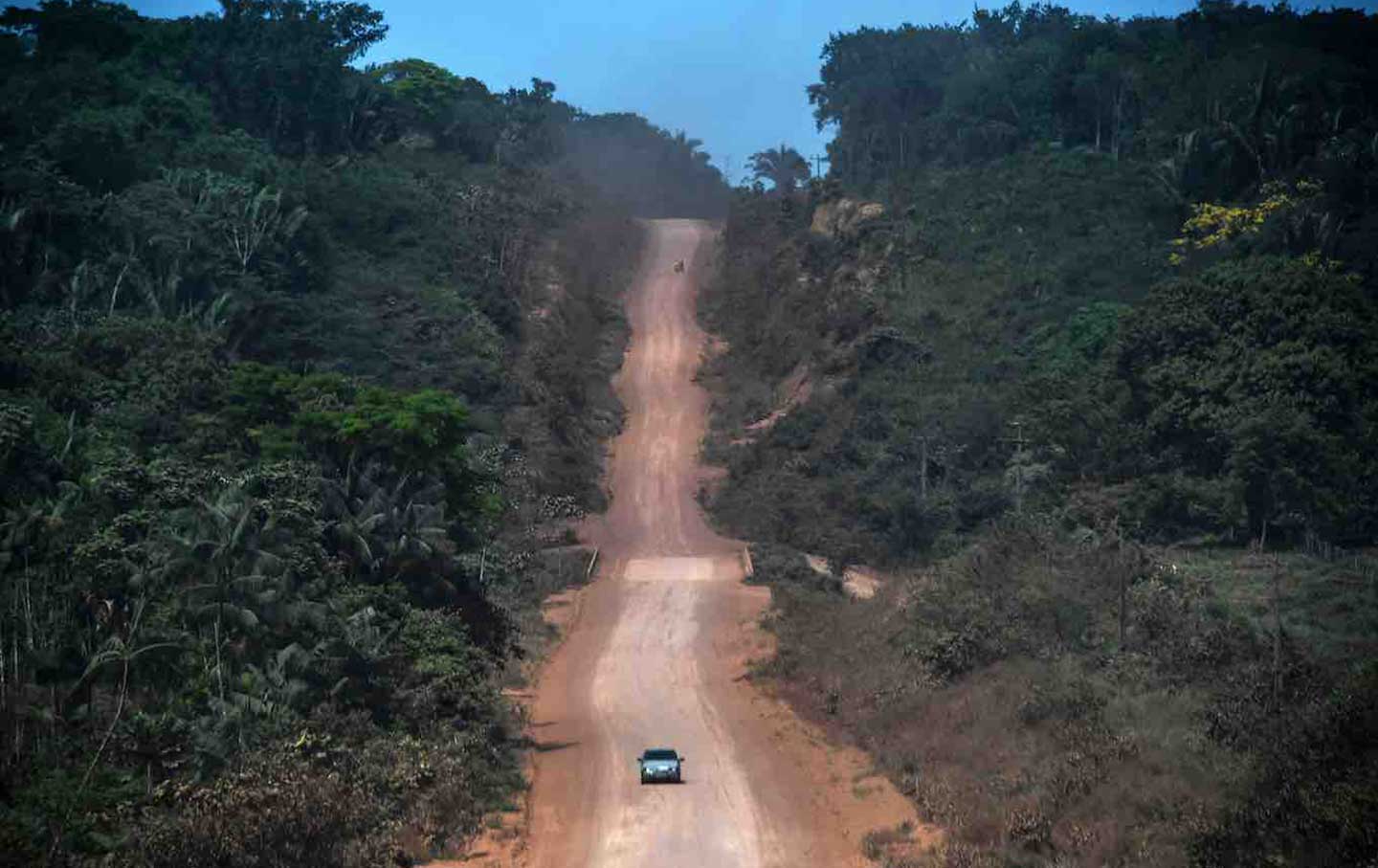Disaster Exposure
You ask him if his hedge fund has sufficient exposure
to disaster and he whispers
I could really use a hurricane to deliversuperior fund
performance
What do you see that other people cannot see?
Everything in this poem is on the surface there is no
subtext or subtext to the subtext; the words only mean
what I want them to mean
I am not so interested in the imagination and I am
more than capable of exploiting disaster concerns to
deliver superior fund performance
Tell the story a different way
The doctor says Patient cannot tell the difference between
what he is and what he owes
Describe the aesthetics of the disaster
Every collapsing system is a poem in itself
Lucky for meI am paid by the syllable to write it
You ask him if his disaster risk is heterogeneous and he
saysAll you need is a touch of disaster exposure and you
will see a beautiful increase in the returns on your fear
premium
But seriously boss
How bad does it have to be before we can call it a
disaster
How broken does your body need to be before we can
call it a disaster
He dithers
She dithers
They dither (this is dithering)
Tell the story a different way
The interest in your body is the origin of your world
It all begins with a credit default swap
A complex financial product whose name sounds like a
natural mineral
(Baby I love it when you saySuperior Fund
Performance)
Let’s do some quick math on the quote-unquote back of
this envelope
There are hundreds of lost bodies and thousands of lost
limbs
Are they enough?
The river is in the wrong place again
Is that enough?
The highway is hanging from the mountains again
Is that enough?
The mountains are covered with rooftops
The electric pole has been in the middle of the road for
so long that people have confused it for a work of art
But and
The disaster that surrounds us is not really a disaster
But and
You begin with debt and you end with debtand
when there is no debt you don’t know what to do
because all you have ever known is debt








